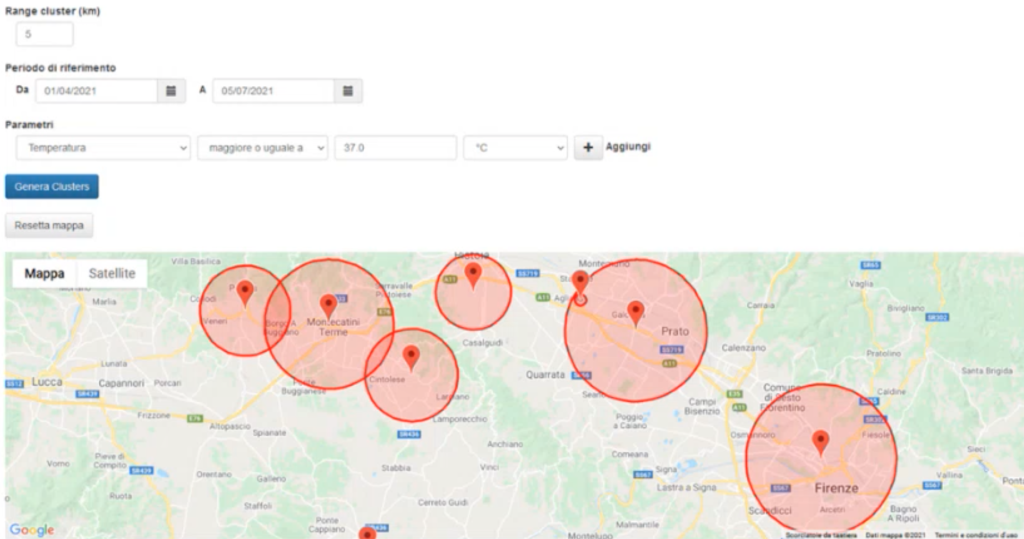How IngeniArs is using AI to transform telemedicine
As part of the European Advanced Digital Skills: Artificial Intelligence and Health project, IngeniArs, an innovative high-tech SME specialized in electronic and informatics systems for the Aerospace, Healthcare, Cybersecurity, and Artificial Intelligence sectors, hosted a webinar on June 3rd titled “Machine Learning & Data Analysis.”
This initiative, presented by Silvia Panicacci and Gianluca Giuffrida (both Ph.Ds in Information Engineering), aligns with the project’s mission to equip the next generation of university graduates and upskill current employees and medical practitioners to adopt advanced and cost-effective technological solutions in healthcare.
Building the future: AI & Health education
IngeniArs isn’t just developing tools, it is cultivating talent and spearheading a European initiative that has two missions:
- Empower the next generation of AI and health experts
- Connect academia, research and industry to co-design practical, relevant training programmes
The ultimate goal? Double Degree programmes across European universities, producing graduates who can move fluidly between countries and between research labs and real-world healthcare environments.
Deep Learning, simply explained
At the core of IngeniArs’ innovations lies Deep Learning, a branch of Machine Learning that mimics the human brain. Just like neurons, artificial networks use layers to process information, drawing connections, filtering patterns, and learning from data.
There are three key learning types they harness:
- Supervised learning: useful for classification and regression
- Unsupervised learning: ideal for grouping
- Reinforcement learning: agents learn by trial and error

EasyTeleMed
IngeniArs developed EasyTeleMed: a certified electronic medical device that functions as a real-time, remote medical record system. It enables:
- Remote vital sign monitoring via mobile apps
- Data syncing for physicians and care teams
- Full compliance with GDPR and medical device standards
AI & Telemedicine
Artificial Intelligence can provide added value to Telemedicine solutions, IngeniArs has identified and implemented 4 applications of AI in their Telemedicine solutions:
1. Risk stratification
Not everyone needs telemedicine, but those at higher risk definitely do. IngeniArs uses Machine Learning (Random Forests) to analyse diagnoses, prescriptions, visit patterns and socio-economic data to identify patients who would benefit most from remote care.
2. Treatment definition
Using expert systems, the platform simulates a doctor’s logic to define care plans and monitoring rules. Physicians can still fine-tune these, ensuring a human stays in the loop.
3. Interactive epidemiological maps
Tracking a pandemic or disease outbreak? IngeniArs uses clustering algorithms to draw dynamic maps that highlight patterns and environmental correlations.



4. Stress detection from ECGs
A neural network reads ECG data and classifies stress levels into “no”, “low”, or “high”. Ideal for workplace wellness or early mental health screening.
Final thoughts
IngeniArs is proving that impactful innovation happens where deep tech meets real needs. By integrating AI into telemedicine and investing in future talent, they’re not only changing how care is delivered today, they’re shaping what healthcare looks like tomorrow.
Watch the full webinar here:
